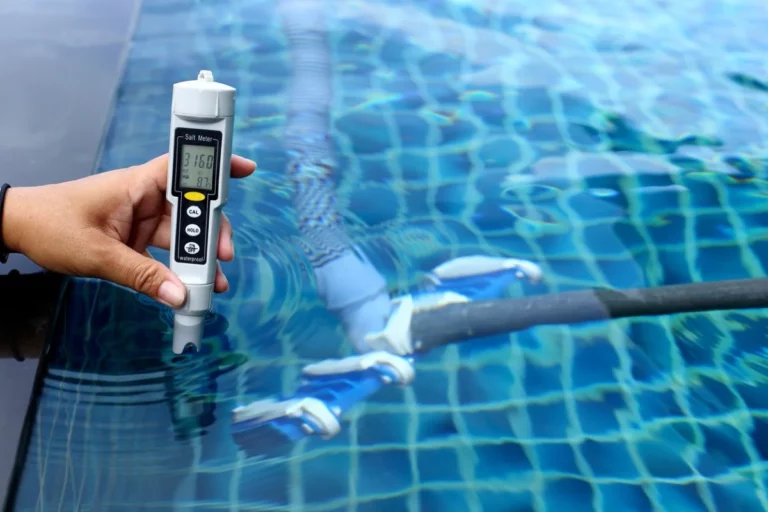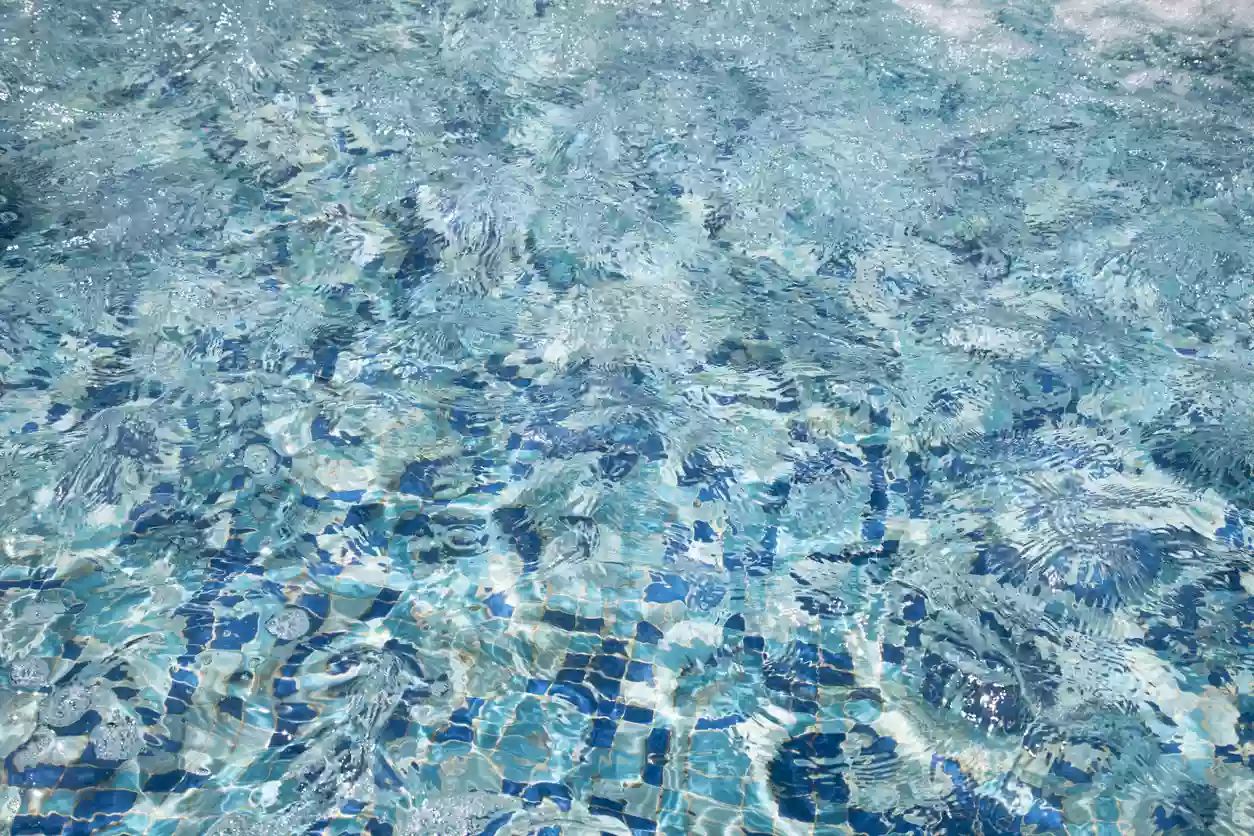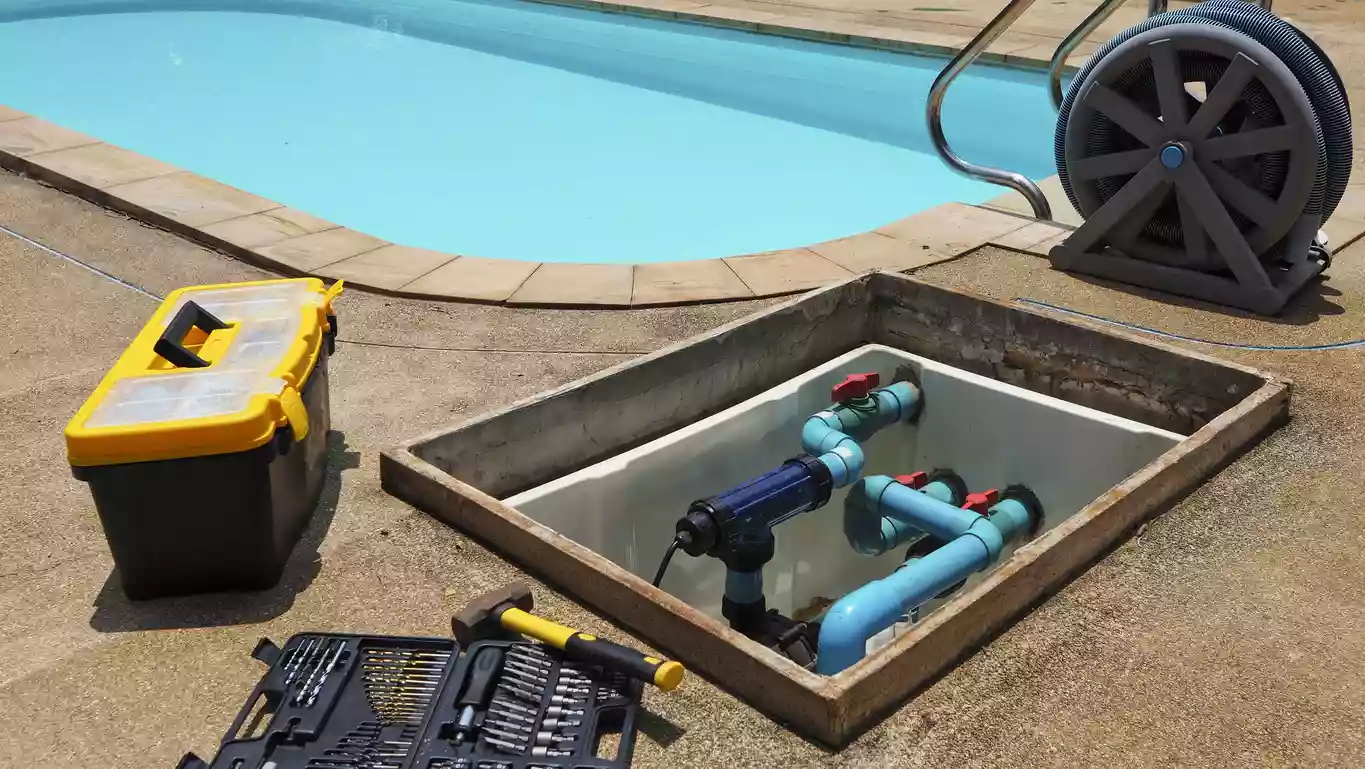Why Do You Shock a Pool?

When you take a bath, you typically begin with an empty tub and have the freedom to adjust the water level to your preference. Once you’re finished, the water simply drains away. That approach doesn’t translate to a pool, however, as draining and refilling a pool after each use would be extraordinarily wasteful, not to mention incredibly expensive.
This is where the concept of pool shocking becomes necessary, a maintenance procedure crucial for keeping the pool water pristine and enjoyable for swimming for as long as possible. The SPS PoolCare experts will tell you everything you need to know about pool shocking and how regular shocking is a necessary aspect of pool maintenance.
What Is Shocking a Pool?
Pool shocking, also known as super chlorination, involves adding a high concentration of chlorine or other oxidizing chemicals to the pool water to effectively eliminate dangerous bacteria, algae, and contaminants. The procedure helps balance the chemical levels in the water and restore the pool to a clean and safe state by breaking down organic matter and sanitizing the pool water.
Signs You Should Shock Your Pool
If you’re wondering if it’s time to shock your pool, keep an eye out for the following factors:
- If the free chlorine level is zero
- If you notice growing algae
- If you use the pool heavily
- If you notice a strong chlorine smell
- If there has been a recent severe rainstorm
- If the chloramine level rises above 0.5 parts per million (ppm)
- If there has been a recent major change in the water level
- If there has been any feces in the pool
What Is in Pool Shock Chemicals?
Pool shocking comes in various forms, with different pool shocks usually containing one of the following chemicals:
- Calcium hypochlorite. Granular form, fast-acting, and affordable
- Potassium monopersulfate. Chlorine-free and oxygen-based, helps chlorine work more effectively
- Sodium dichlor. Contains a stabilizer to increase the pool’s cyanuric acid levels and reduce chlorine loss, dissolves over time
- Sodium hypochlorite. Heavy-duty liquid shock, not typically used in homes
How Long After Shocking a Pool Can You Swim?
Pool shocking deals with some pretty heavy-duty chemicals, so, unfortunately, you can’t jump into the pool right after shocking it. Depending on the pool size, you should wait at least 24 hours before taking a dip after shocking your pool. It’s recommended to shock your pool at nighttime, allowing it to sit and absorb as you sleep.
If you aren’t exactly sure how long it’s been since shocking your pool, you can check the pH and chlorine levels. The pH should be between 7.2 and 7.8, while the chlorine level should be between 1.0 and 4.0 ppm.
How To Shock a Pool
When shocking a pool, there are a few simple steps to make sure it’s done well. If you plan to take on pool shocking yourself, here are five steps that will guide you through the process:
- Find how much shock to put in from the back of the package
- Add the shock in front of the return fitting and edges of the pool
- Brush the walls and floors thoroughly to dislodge algae
- Run the filter until the water becomes clear
- Check the chemical levels
Swimming Pool Shock and Pool Maintenance From SPS PoolCare
Shocking your swimming pool is crucial to maintaining and keeping it healthy. When you should shock your pool depends on various factors, so refer to our list above about signs to look for, or contact us at SPS PoolCare for helpful, professional advice or service from our well-trained technicians.
Explore our SPS PoolCare locations across the South and Southwest for pool maintenance and cleaning, or visit our blog for helpful tricks of the trade. At SPS PoolCare, we make owning your pool a joy!





